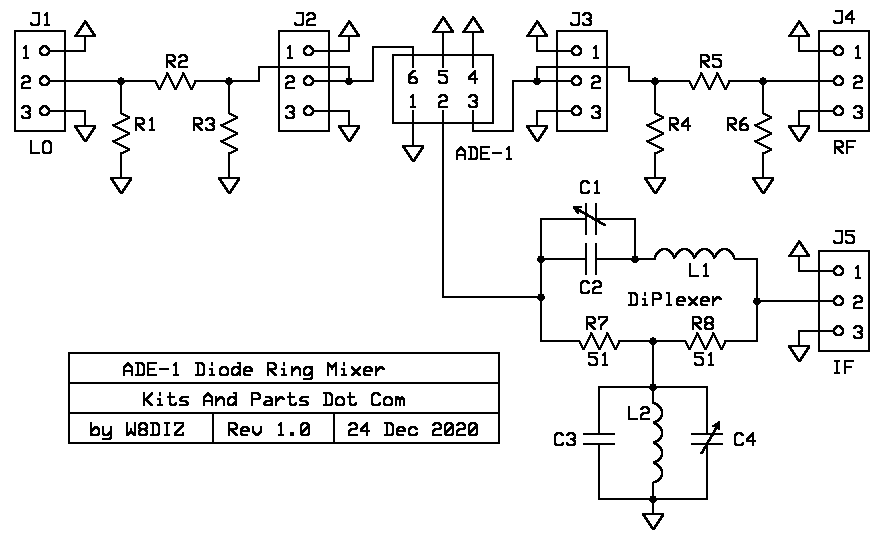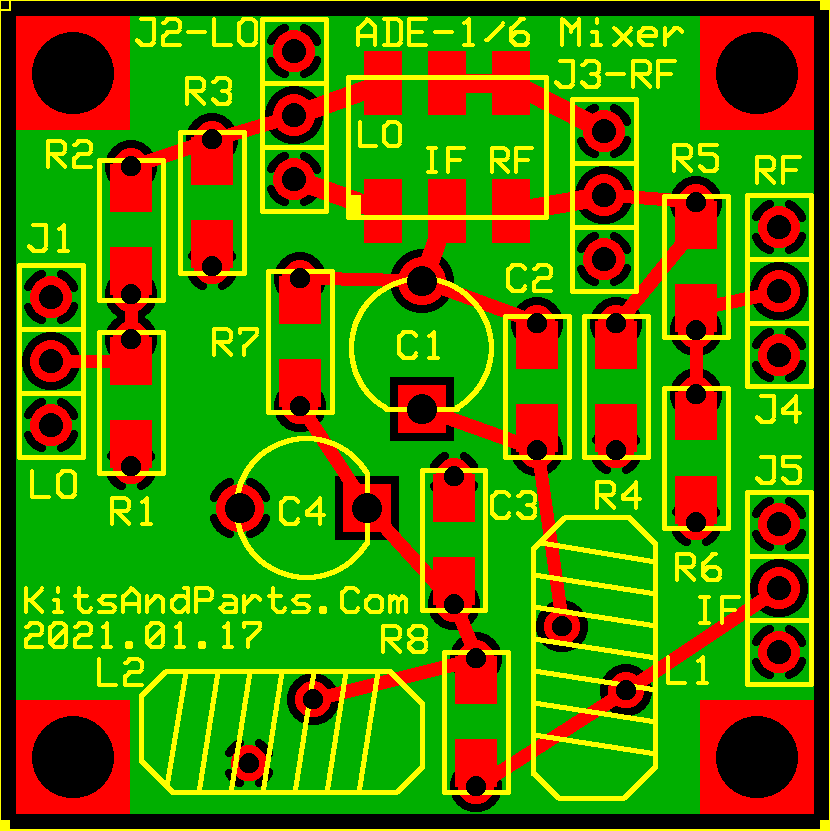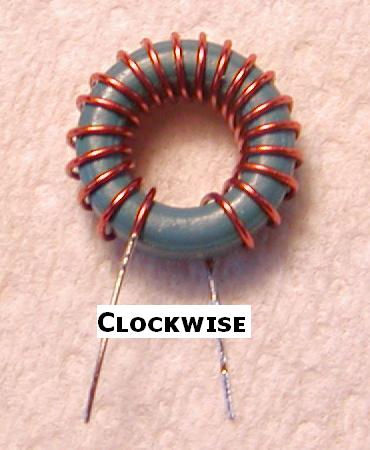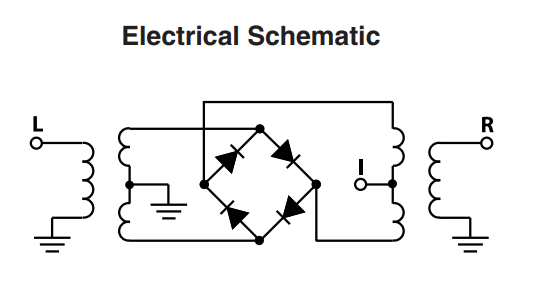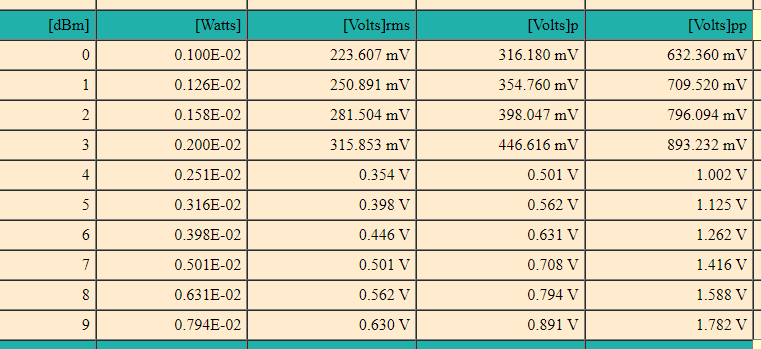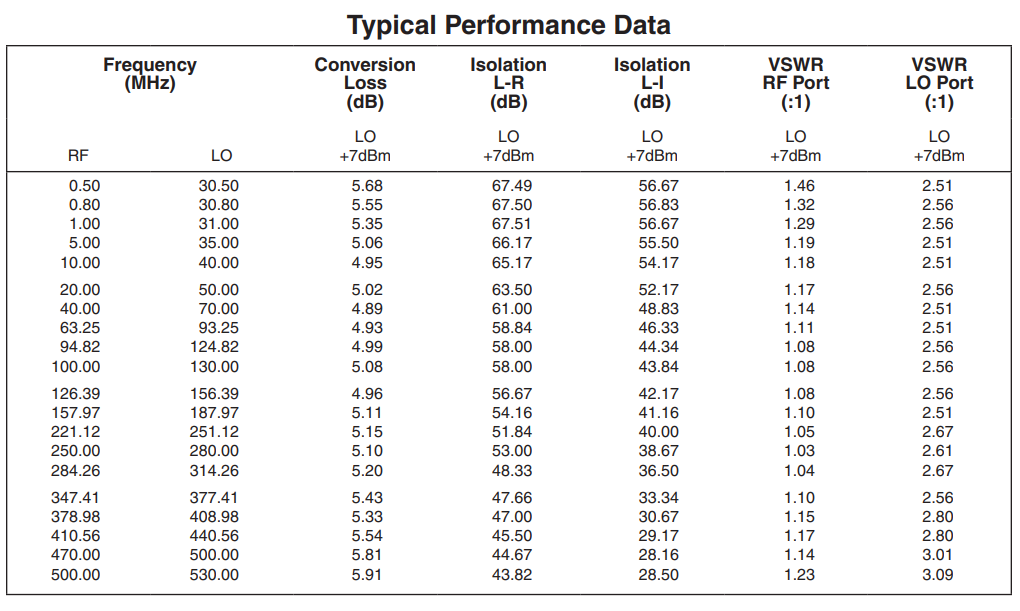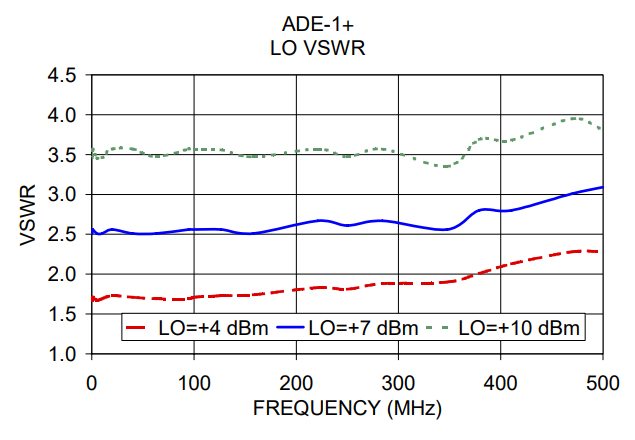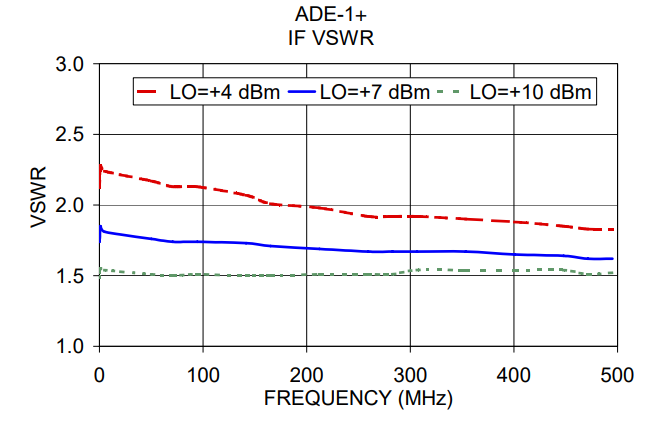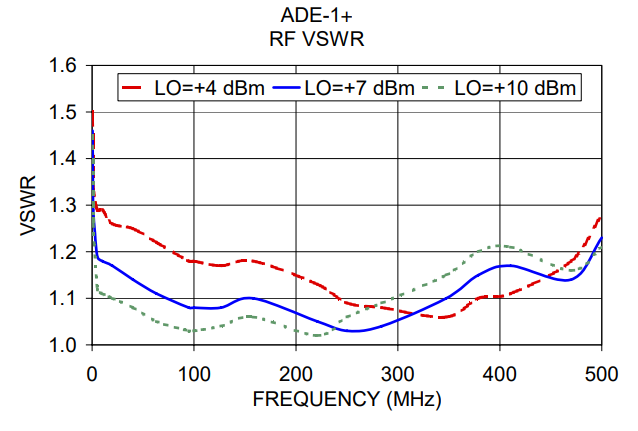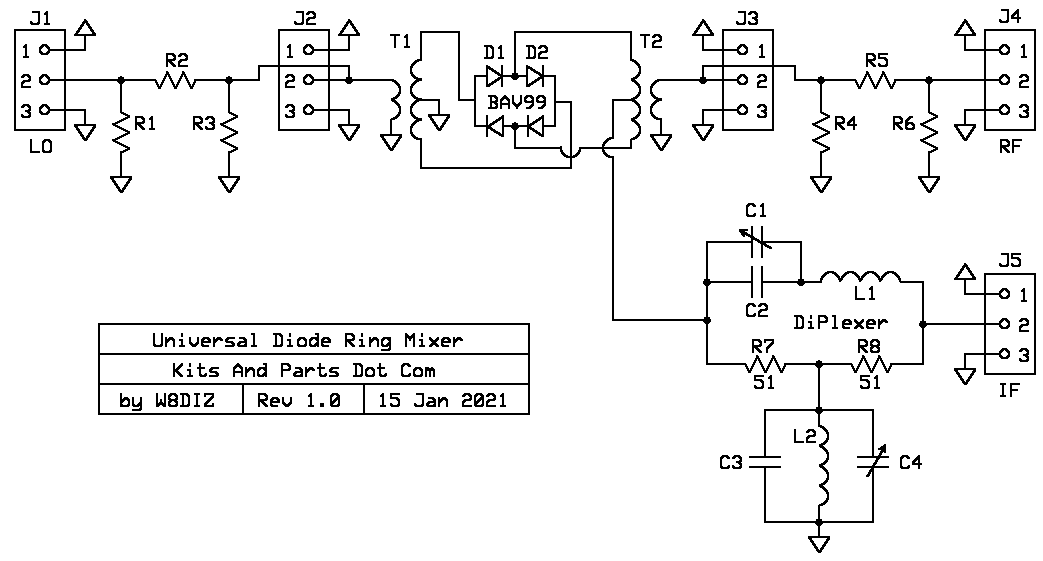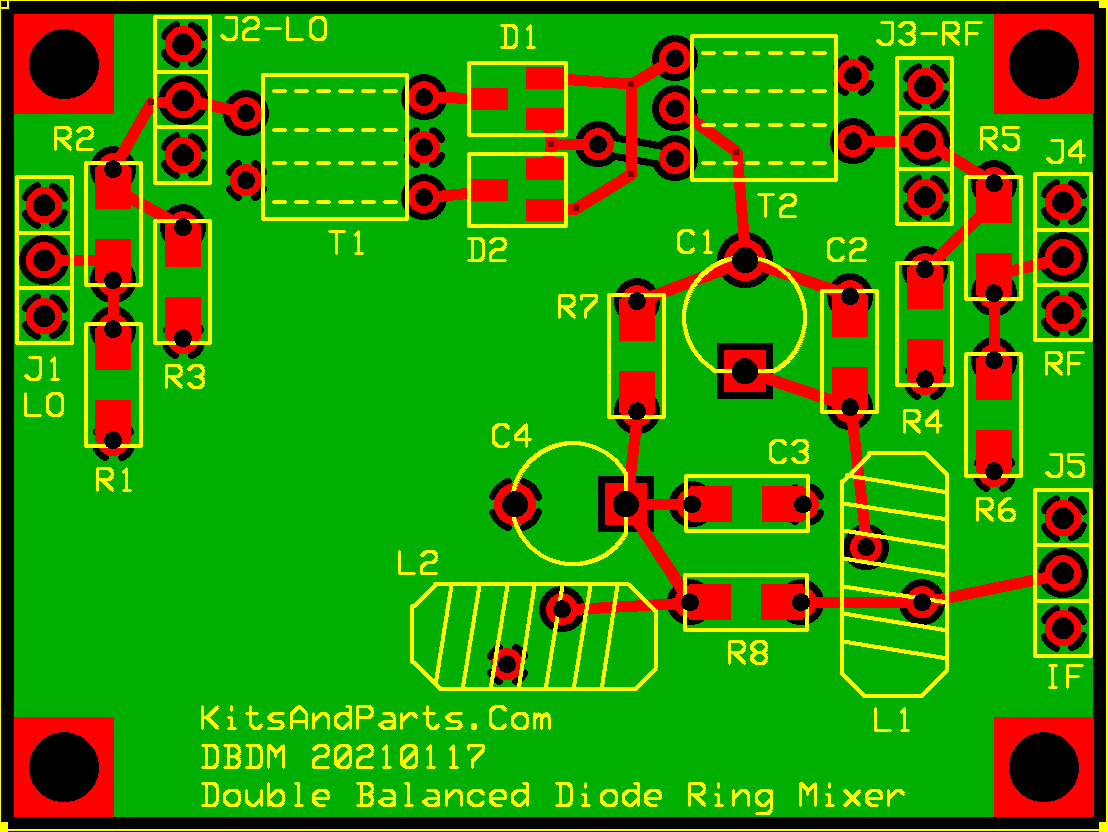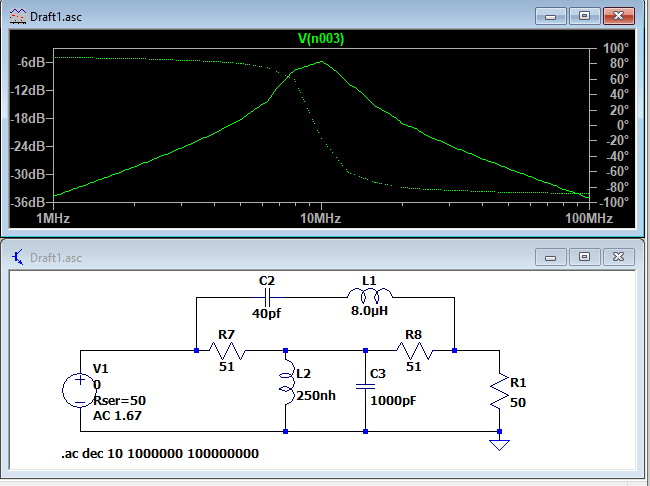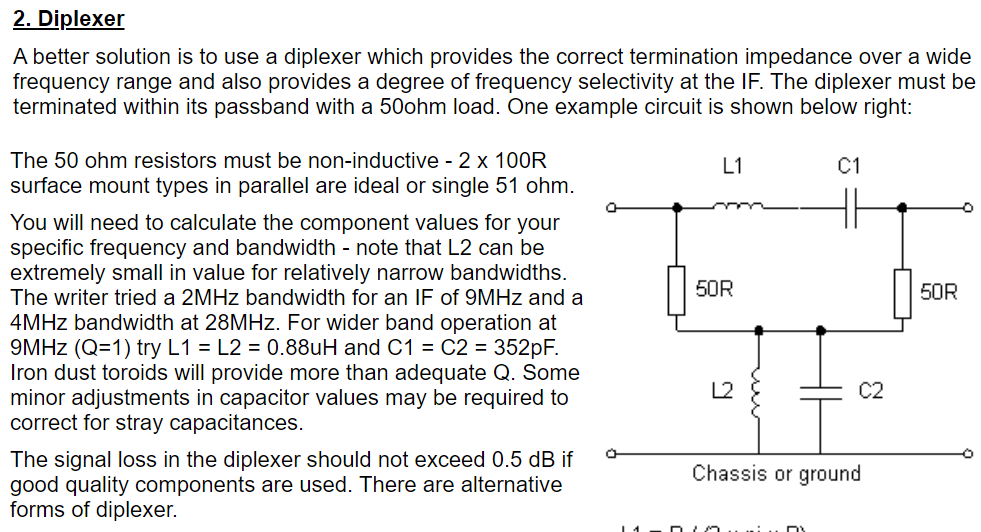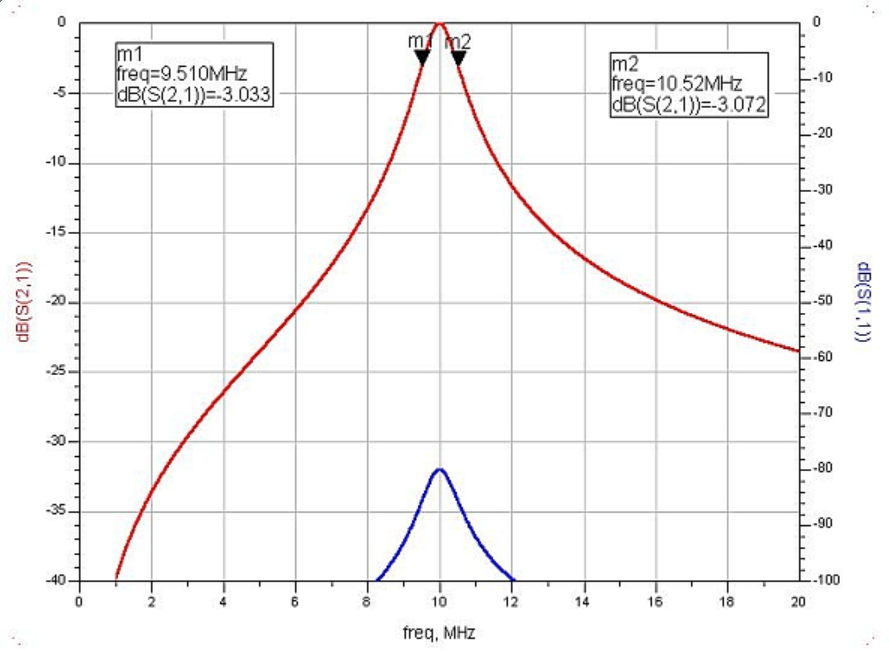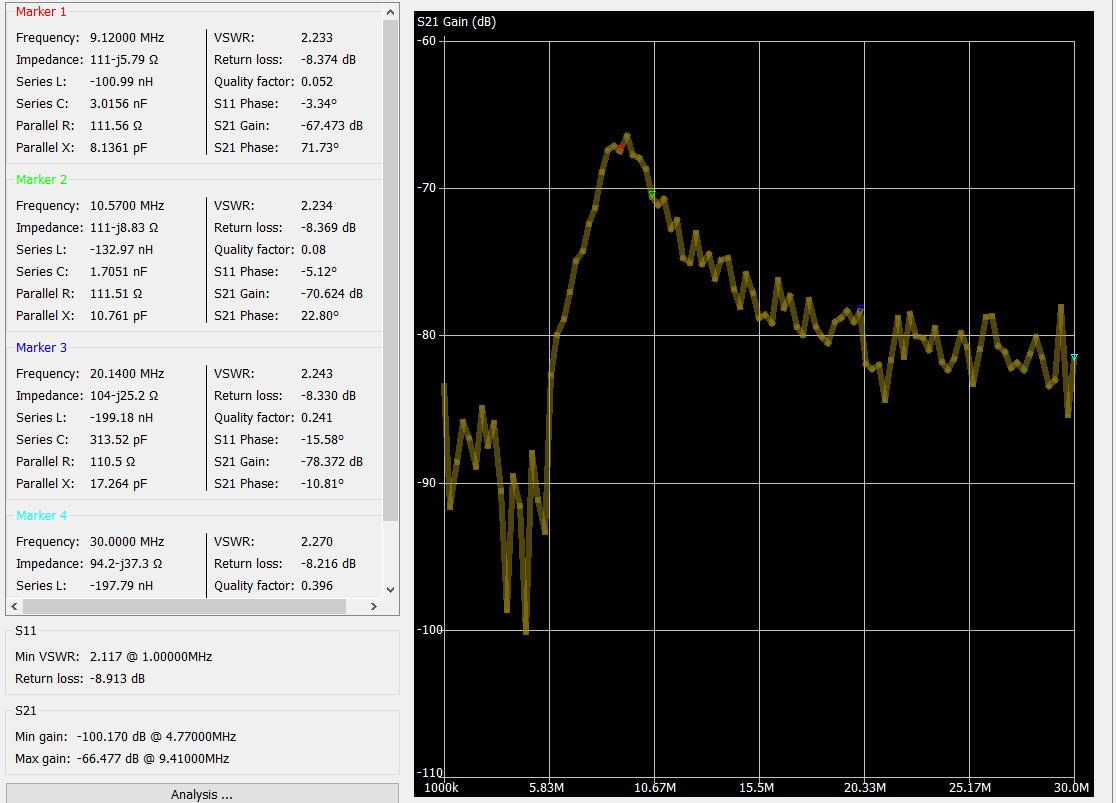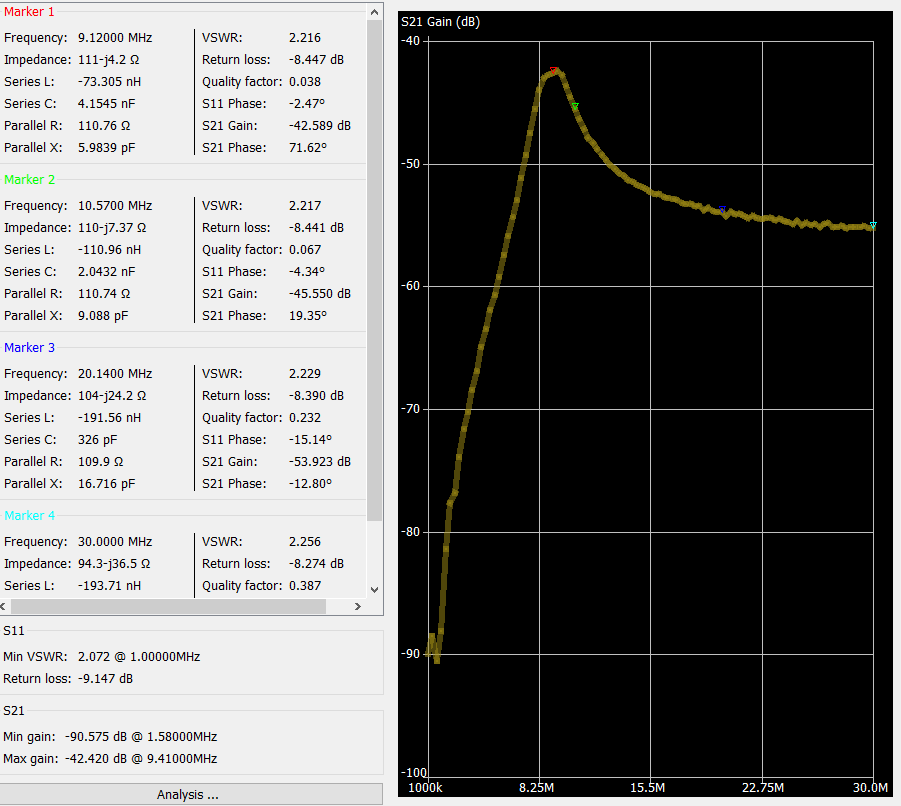Difference between revisions of "Kits and Parts Mixers"
Jump to navigation
Jump to search
Blwikiadmin (talk | contribs) |
Blwikiadmin (talk | contribs) |
||
| Line 84: | Line 84: | ||
<video type="youtube">zOk_0IiIgZY</video> | <video type="youtube">zOk_0IiIgZY</video> | ||
| + | |||
| + | === Adjust Diplexer C === | ||
| + | |||
| + | * Drive RF port from NanoVNA | ||
| + | * Listen on IF port of NanoVNA | ||
| + | * No drive on LO | ||
| + | * 9 MHz is IF design frequency | ||
| + | * | ||
== Measurements == | == Measurements == | ||
Revision as of 09:39, 1 October 2021
Contents
Kits and Parts Mixers Features in Common
- All Ports are 50Ω
- +7dBm Local Oscillator Injection Design
- Full Diplexer at the IF Port
- Optional Attenuators for RF & LO Ports
- Available as bare PCB or kit of parts
My Typical Applications
- 7 MHz RF, 40 M band
- 16 MHz LO
- Si5351A square wave drive, 50 Ohm source impedance, 1.65V peak
- 9 MHz IF feeds Crystal Filter
Kits and Parts ADE-1 Mixer
- Kits and Parts Mixer
- Build and tune diplexer first
Toroid Winding Direction
- Toroids needs to be wound to match the pad locations/offsets on the PCB
ADE-1 Schematic
Performance
Port VWSR
- Measured VSWR of 2.23 at 9 MHz with NanoVNA matches spec nicely
Kits and Parts Diode Mixer
- Double Balanced Diode Ring Mixer Kit
- Build and tune diplexer first
Bridged Tee Diplexer
Diplexor is a bandpass/band-stop filter popularized by Joe Reisert W1JR that is used after a double Balanced Mixer to provide a 50 ohm termination to all frequencies at the mixer's IF port, and to the following amplifier stage. Maintaining a consistent load at the mixer avoids overload and Inter-Modulation Distortion (IMD) effects that these mixers are prone to when not properly terminated.
LTSpice simulation
- 9 MHz
- FT37-67, 20T-12" = 8 uH
- T37-17, 13T-10" = 250 nH
- C2 adjusts peak from left to right
Adjust Diplexer C
- Drive RF port from NanoVNA
- Listen on IF port of NanoVNA
- No drive on LO
- 9 MHz is IF design frequency
Measurements
- NanoVNA
- No RF in
- LO driven by NanoVNA Tx
- IF output to NanoVNA Rx
- IF at 9 MHz
- VSWR: 2.233
- S21 Gain: -67 dB
- NanoVNA
- No LO in
- RF driven by NanoVNA Tx
- IF output to NanoVNA Rx
- IF at 9 MHz
- VSWR: 2.216
- S21 Gain: -42 dB
Videos
